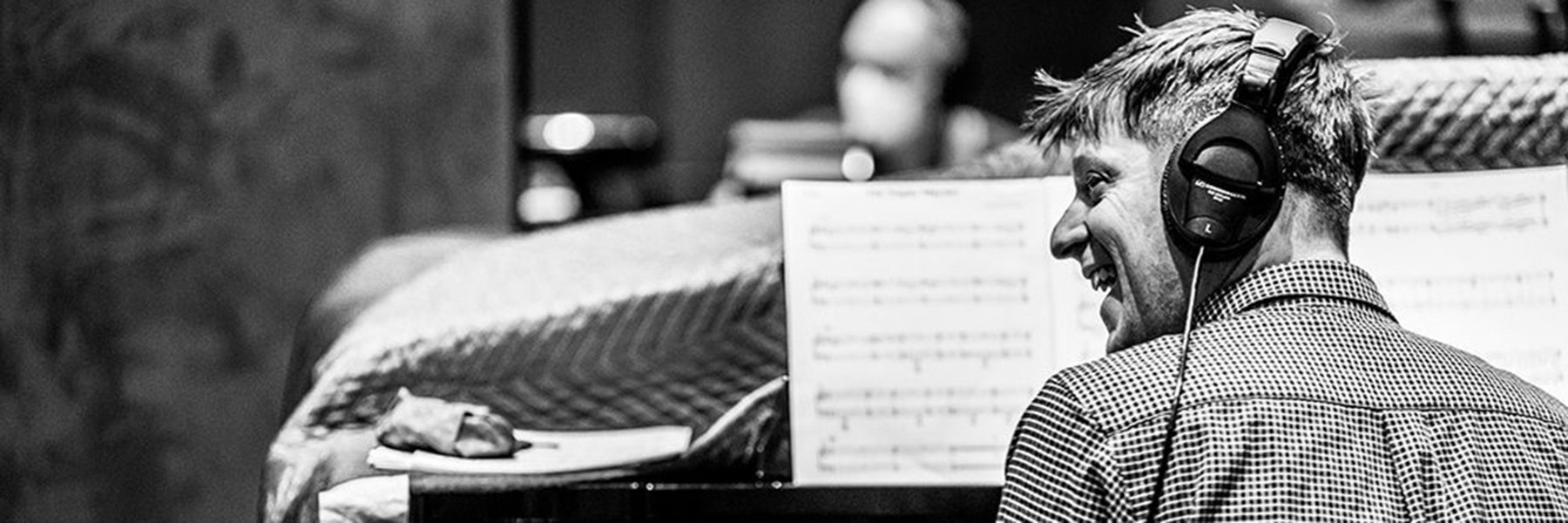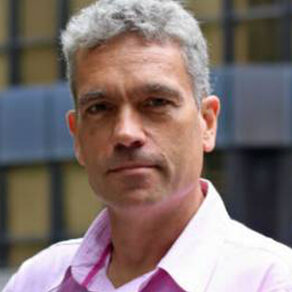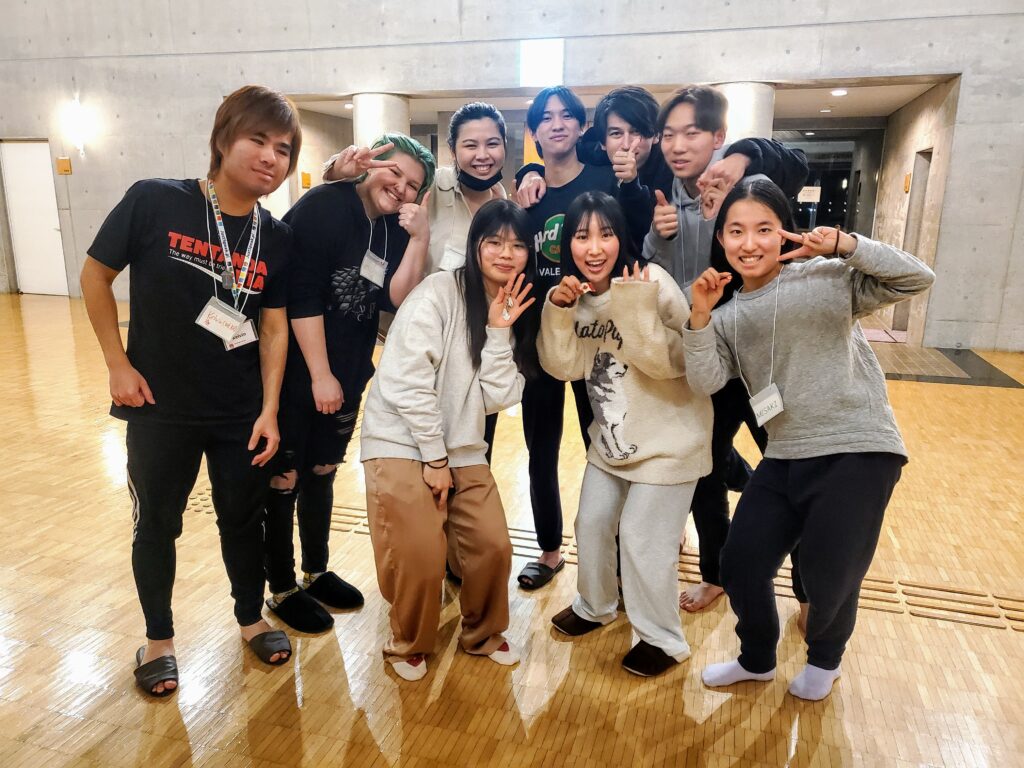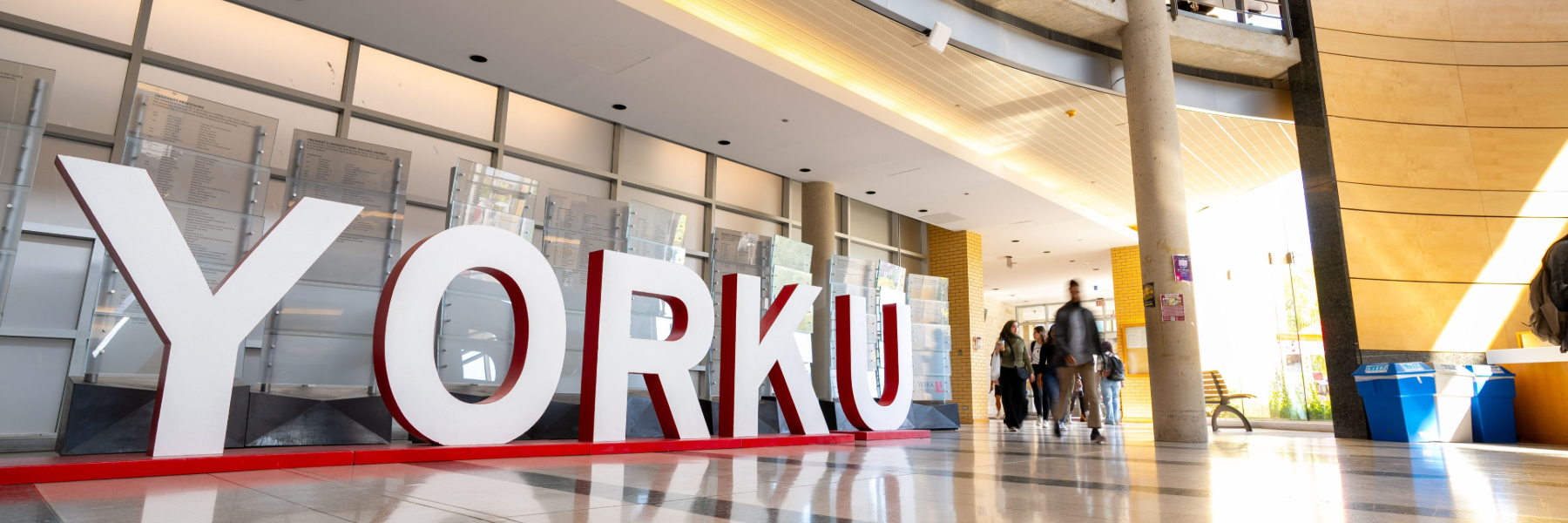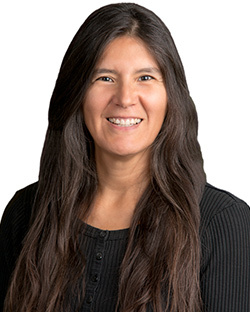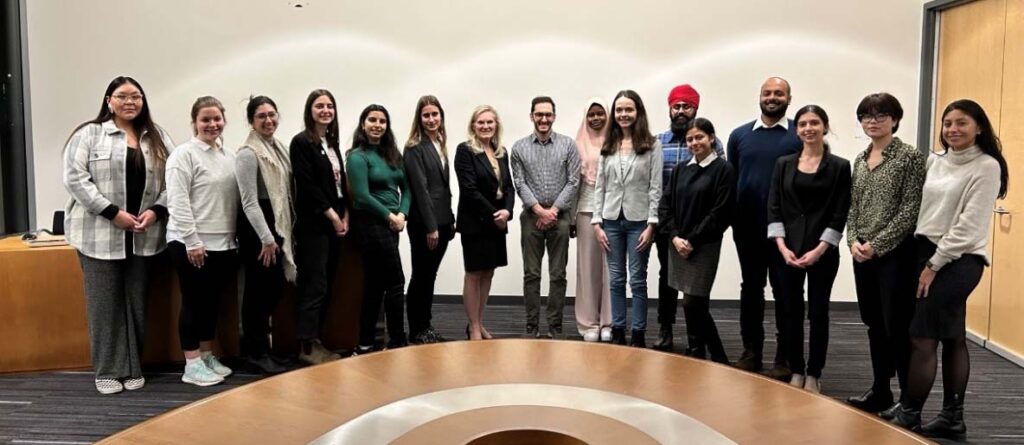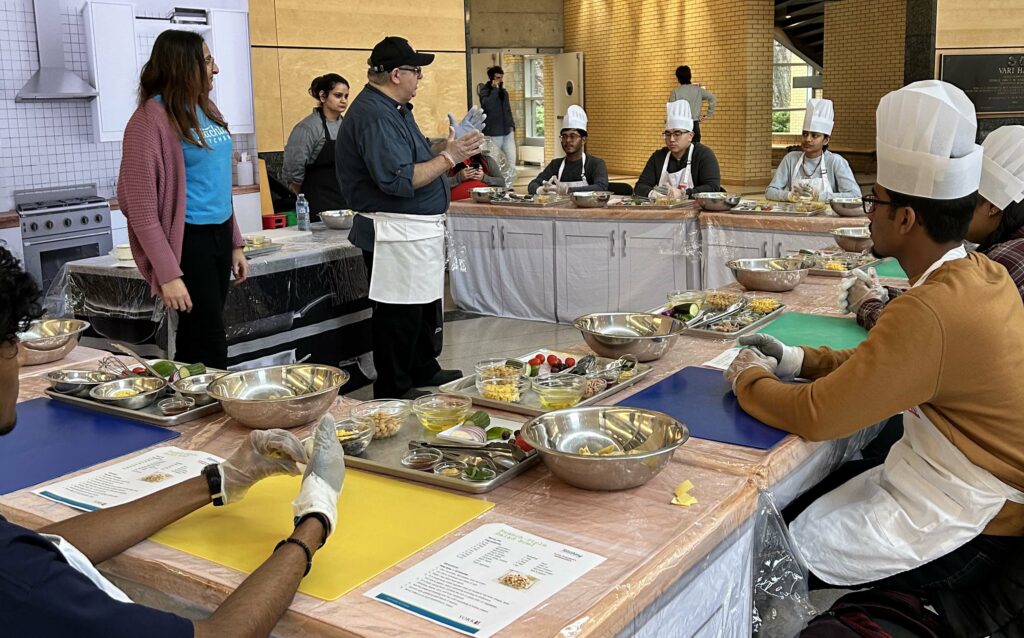Noam Lemish, a composer and pianist, has risen to prominence in the contemporary music scene with his innovative approach to blending jazz with Middle Eastern influences. A new book and a Juno-nominated album are only building on his ongoing success.
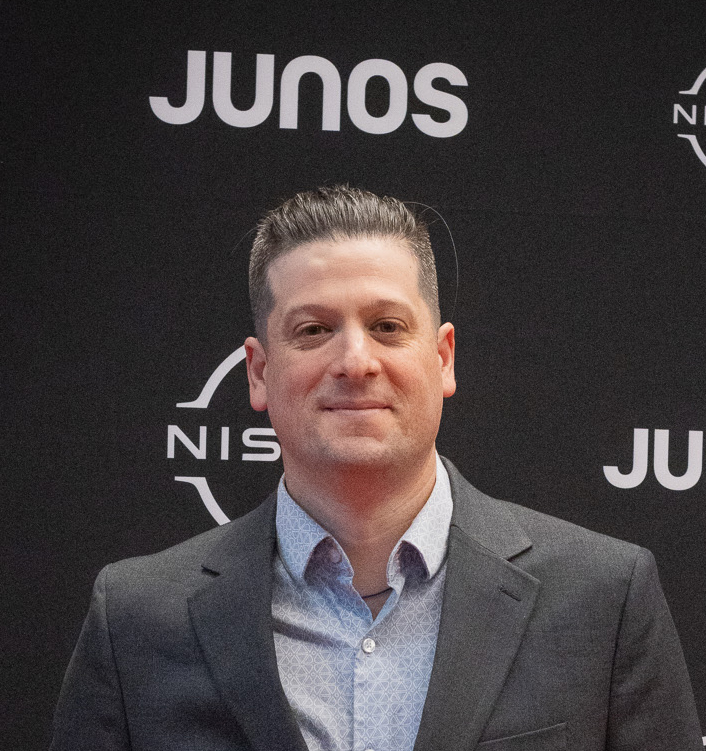
(photo credit: Jenna Marie Pinard).
The York music professor’s genre-fluid compositions and performances have captivated audiences worldwide, earning him recognition as a noteworthy figure in the niche genre of crossover music.
Lemish’s newest album, Twelve, recently earned him a coveted nomination for Jazz Album of the Year – Solo at the 2024 Juno Awards, one of Canada’s top music accolades, further solidifying his reputation as an innovator in jazz and cross-cultural exploration.
“It is very gratifying for my music-making to be recognized by this Juno nomination,” says Lemish, who has nine other albums to his credit. “Twelve was a large-scale project that was many years in the making, and so many wonderful people contributed to its creation. I am very proud of this record, and so it’s meaningful for this music to have been recognized in this way.”
“A labour of love,” as Lemish describes it, Twelve spans multiple years, with the title referring to the age he was when he penned his first jazz composition. Lemish began his music training in high school. He later studied jazz at Sonoma State University in California, where he immersed himself in the San Francisco Bay Area music scene.
Lemish’s global adventures eventually led him to Bhutan, where he taught at the country’s sole music school and composed a piece for the king’s 30th birthday. These experiences in Bhutan left a lasting impression, influencing his musical identity and expanding his creative horizons.
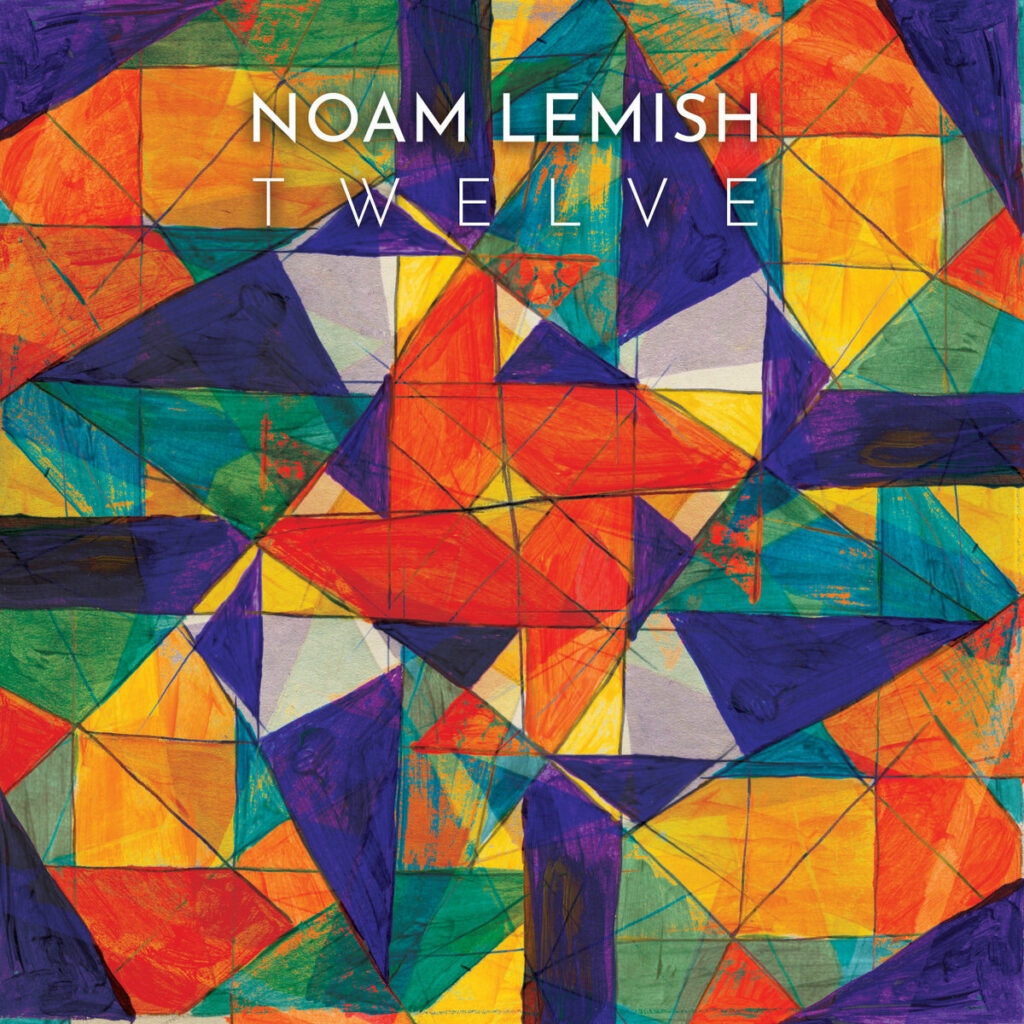
On his new album, Lemish seamlessly intertwines different elements of jazz, incorporating the richness of European classical music alongside Israeli popular rhythms. This fusion reflects his diverse influences and showcases his ability to draw from various musical traditions.
“I love making music, teaching, as well as thinking and writing about how music intersects with society and culture,” Lemish says. “I enjoy collaborating with others, being a part of a community and helping to build community through music.”
His passion for community engagement at York University is evident through initiatives like the Nick Nurse Foundation Summer Jazz and Groove Lab, which nurtures young musical talent under the guidance of the University’s renowned music faculty.
“When Noam joined the Faculty,” says fellow York music Professor Mike Cadó, “he energized our vision through dedication to music pedagogy and innovative curriculum development. Noam’s collegial approach has been invaluable, and his commitment to enhancing the student experience is inspiring. The students in the program absolutely love him.”
Jaasmaan Singh, a second-year music student, concurs. “He embodies more than his title of professor – he’s a true teacher at heart, exemplified by his kindness towards students. His impact on me has been profound; whether it’s academic guidance or personal support, he always goes above and beyond.”
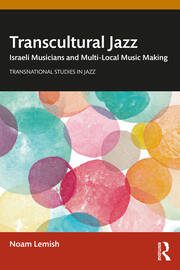
In addition to his musical endeavours, Lemish has also made significant contributions to music scholarship with his latest book, Transcultural Jazz: Israeli Musicians and Multi-Local Music Making, exploring the transcultural practices of Israeli jazz musicians and their global impact, offering valuable insights into the nature, role and politics of transcultural music making in contemporary jazz practice.
Based on extensive fieldwork and interviews with musicians, educators, journalists, producers and scholars, Transcultural Jazz provides a comprehensive examination of the evolving landscape of Israeli jazz and its cultural significance.
With its broad appeal to students and scholars from diverse fields such as jazz studies, ethnomusicology, Jewish studies, Israel studies and transnational studies, Transcultural Jazz is poised to make a significant impact in academic circles and beyond.
“My book suggests that much of today’s jazz practice around the world can be viewed through a transcultural lens,” Lemish says. “There is much to be gained by moving away from American exceptionalism and beyond ‘jazz nationalism’ to an approach that highlights the dynamic, fluid, complex, sometimes contradictory work of artists who blend a myriad of musical influences from a wide array of localities.”
The book, and Twelve, only serve to advance Lemish’s work, which can be described in the same way – dynamic, fluid and complex.
Read more about York University’s impact on the jazz music scene in the latest issue of the York University Magazine.


